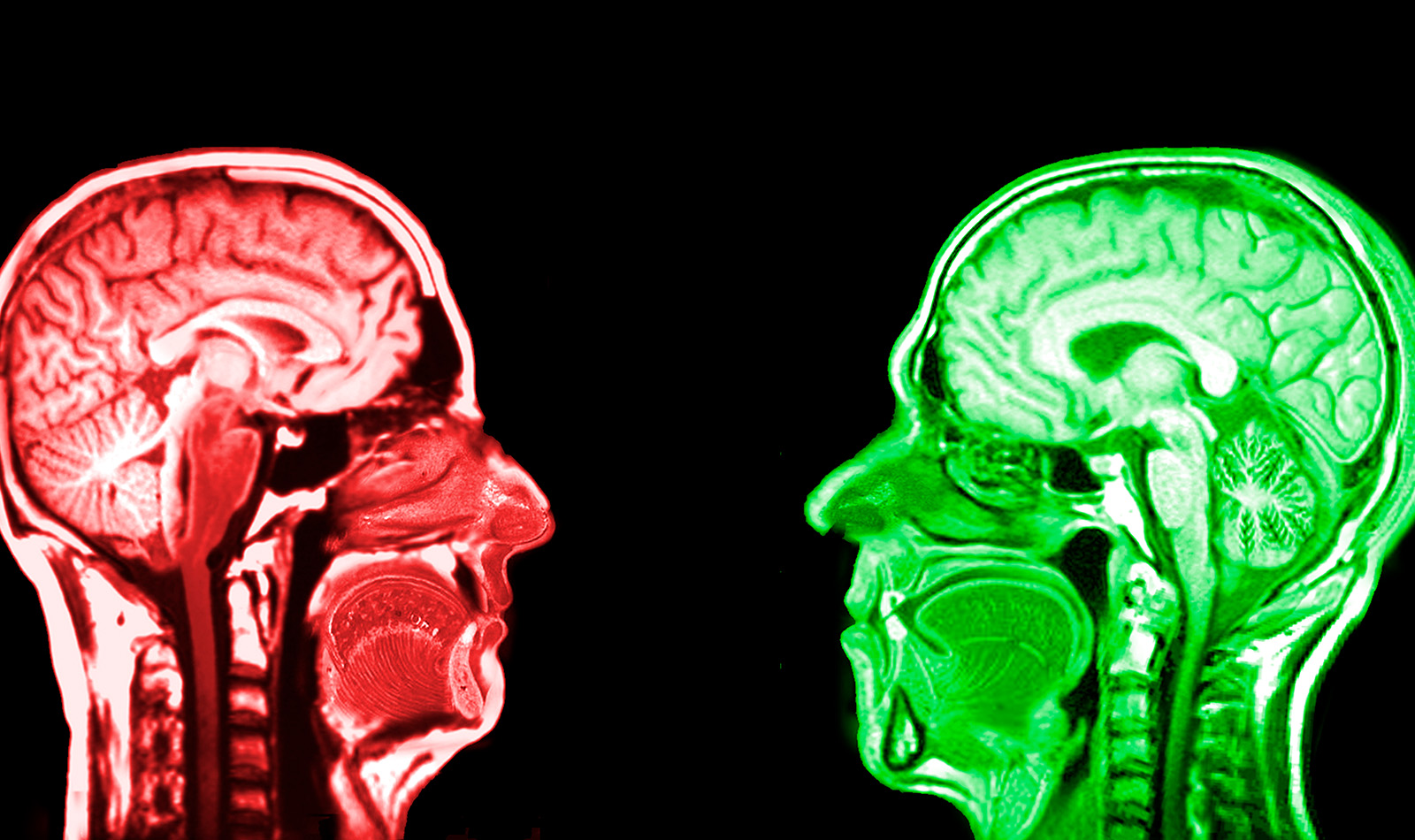
The greater part of the tumours of the skull base may sometimes involve the sinuses, the ear, or surrounding vascular structures. Now if we talk about modern skull base care and surgery in Kolkata, it is carried out in association with the best Consultant and ENT Surgeon in Kolkata at our ENT and Head Neck Cancer Care Clinic.
Let’s know everything in depth –
Endoscopic Pituitary Tumour Removal:
This is a minimally invasive surgical procedure that is mainly performed through the nose and sinuses using endoscopes, to treat and remove tumours of the pituitary gland of the brain. This is a procedure carried out jointly with an expert Neurosurgeon. During the operation, an ENT surgeon in Kolkata works through the nostrils with a minor camera and light called an endoscope. Once the pituitary is uncovered, the neurosurgeon expels the tumour with greater expertise.
Endoscopic CSF Leak Closure:
If there remains a hole in the bone and lining along the floor of the brain, CSF or Cerebrospinal fluid can leak into the nose anytime. For that, a minimally invasive procedure can be performed through the nose to repair this hole, stop the leakage, and prevent further infections. Normally, performed under general anaesthesia, an ENT surgeon in Kolkata works endoscopically through the nose to recognize the break and repair it utilizing muscle and other tissue from the body. However, note that CSF leak surgery does not include cutting through the skin, as it is performed totally through the nostrils.
Endoscopic Orbit and Optic Nerve Decompression:
This is a procedure that is carried out through the nose to decompress the eyeball or the optic (eye) nerve. However, this is sometimes truly required to reduce pressure on the eyeball or optic nerve and help treat vision loss. The main objective of optic nerve decompression is to remove a bit of the hard optic channel, in this way removing extra pressure on the optic nerve. However, this method is finished with the utilization of endoscopes enabling your ENT specialist in Kolkata to experience the nose and sinuses to work in this sensitive surgery with no cuts to the face.
Microscopic Facial Nerve Decompression:
In the cases of certain types of facial paralysis, microscopic decompression of the facial nerve is done to remove pressure on the nerve. The most efficient ENT surgeon in Kolkata performs this through the mastoid bone behind the ear. Besides, the bits of the bone are evacuated so that the compressed facial nerve can expand and the pressure that might bring about the loss of facial motion is completely removed.
Glomus Tumour Excision:
Note that these are slow-growing benign vascular tumours of the ear and skull base. Of the various potential options available for their treatment, surgical removal may be one such. These complex surgeries are often carried out by an experienced Neurosurgeon along with an ENT surgeon.
FAQs about Skull Base Surgery
1. What is a skull base?
The skull base is a part of the human skull that majorly supports the brain and separates it from the rest of the head.
2. Who can perform skull base surgery?
Generally, the skull base surgery team includes:
- Neurosurgeons
- ENT, Head and neck surgeons
- Plastic surgeons
- Eye surgeons
3. How can an ENT specialist in Kolkata treat skull base-related problems?
4. What happens before skull base surgery?
If your ENT specialist in Kolkata recommends skull base surgery, first you need
- The medical clearance from your primary doctor or healthcare provider
- To visit with other specialists in the skull base surgery department
- Further medical testing or CT and MRI scans as recommended by your doctor
5. What to expect after skull base surgery?
- Bending down
- Lifting heavy objects
- Straining continuously
- Blowing your nose frequently

